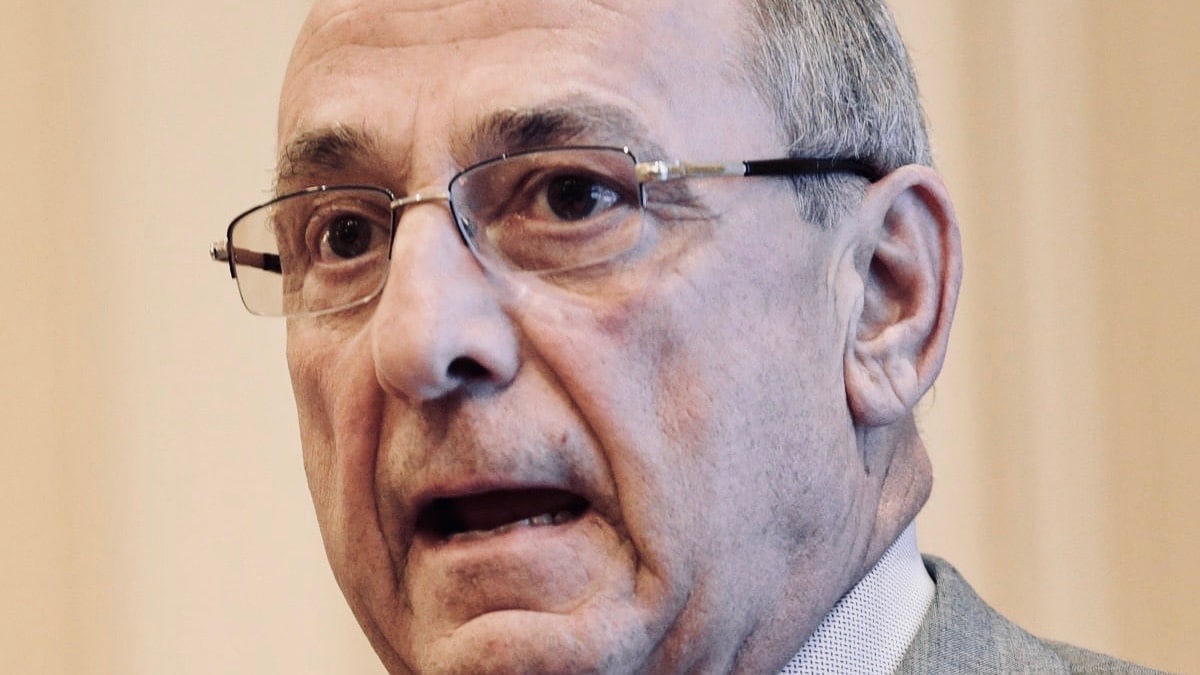An argument for ranked choice voting implementation in Rhode Island
After several years of advocating, Maine voters won the fight to implement ranked-choice voting. Two years ago, voters gave the state the go-ahead to implement an instant runoff system, otherwise known as ranked choice voting. Maine politicians attempted to delay the implementation by raising concerns of the system contradicting the State Constitution. Maine’s court system disagreed and ordered immediate implementation.
August 30, 2018, 11:13 pm
By Kevin McElroy
After several years of advocating, Maine voters won the fight to implement ranked-choice voting. Two years ago, voters gave the state the go-ahead to implement an instant runoff system, otherwise known as ranked choice voting. Maine politicians attempted to delay the implementation by raising concerns of the system contradicting the State Constitution. Maine’s court system disagreed and ordered immediate implementation. The courts wanted to allow the voters to test the system and vote again to decide to keep or to scrap it. It has been observed that the vote to maintain the rank choice system enjoyed more support than the original vote for implementation.
The spark that inspired Maine voters to implement instant runoff can largely be traced back to the controversial Maine governor, Paul LePage. Many voters in Maine felt that a candidate as unpopular as Lepage was only able to win because of vote splitting. The idea of ranked choice voting is that voters mark their preferred candidates. If a candidate is not able to achieve a majority of the vote, they are eliminated and the votes are transferred to the second choice candidate. If the second choice candidate is not attainable, then the votes get transferred to the next candidate and the process is continued until a candidate receives a majority of the vote.
To illustrate the ranked choice process more clearly, I will use an example utilizing how it may have worked if it was in place during the 2016 presidential election. For the sake of simplicity, I will omit the scenario of ranked choice interacting with the delegate system of the electoral college. A voter in this hypothetical example could have chosen Jill Stein as their 1st most preferred candidate and Hillary Clinton as their 2nd most preferred candidate. When the votes get counted, and it is realized that Stein doesn’t have a majority, the votes would be redistributed to the second most preferred candidate. In this hypothetical scenario, the votes given to Stein would be given to the candidate that the voter marked as second most preferred, Hillary Clinton.
The current zero-sum nature of United States political elections create or aid situations in which voters feel that elections are constantly high stake situations. This situation creates environments in which voters may feel wary of spoiler candidates and feel obligated to support candidates they feel are lackluster on policy for the sake of pragmatism. Instant runoff does not promise to revolutionize or tear down our political system of “winner take all,” but it can reduce the fear of vote splitting which can allow highly unpopular candidates to win significant elections while remaining underwater at below a 50 percent majority.
Rhode Island is a perfect state to join Maine in this instant run-off election experiment. This scenario could spark discussion about instant runoff in other states. As with most policy ideas that disrupt the status-quo, outsider candidates would likely be the torch bearers. Currently the grassroots-left is running with momentum as their voting base is empowered by anti-Trump resolve. These candidates are always looking to differentiate themselves from the rest of the Democratic Party so they will typically seek endorsements from grassroots progressive groups like Justice Democrats and OurRevolution. These candidates will typically run on a bold progressive platform and will likely support policies such as a single payer healthcare system, stricter campaign finance laws, public funding of college education, raising the minimum wage, strong environmental policy stances, etc. Progressive candidates and incumbents that choose to advocate ranked choice voting may benefit. Demonstrating bold, innovative thinking by advocating for a system which allows voters to vote more freely would likely earn trust among potential voters and foster a passionate base of support.






